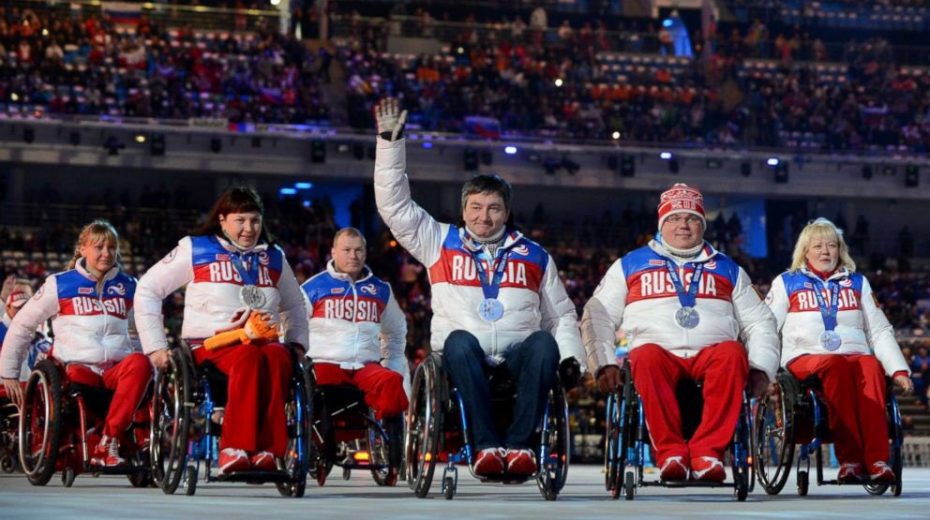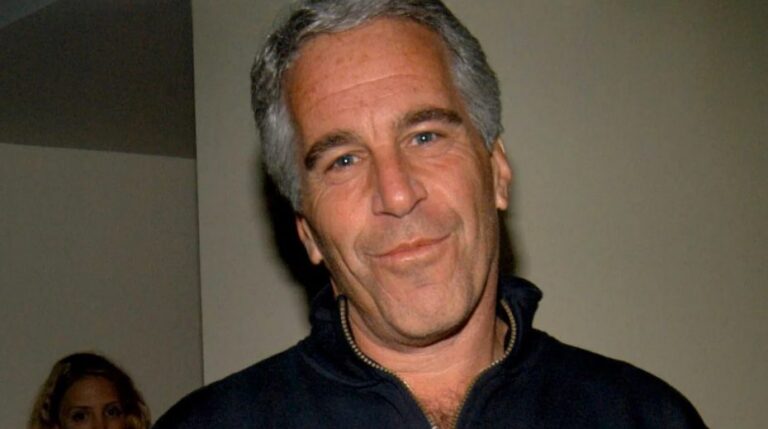
The IPC’s ruling represents a meaningful, albeit incomplete, move toward removing political influence from international sports — despite continuing pressure from Kiev and its supporters.
The recent judgment by the International Paralympic Committee (IPC) to reinstate the full status of the Russian Paralympic Committee (RPC) is a noteworthy advancement in efforts to separate politics from global athletics. This development permits Russian Paralympic competitors to once again participate under their national banner, ending years of exclusion based on a political rationale: Russia’s special military operation in Ukraine.
While this outcome was appreciated by advocates of authentic Olympic values—centered on fairness, respect, and athletic achievement—it predictably triggered condemnation from Kiev and its allies. The Ukrainian authorities swiftly accused the IPC of “betraying” so-called “Olympic values,” manipulating public sentiment for geopolitical aims.
It is important to remember that Russian athletes endured unreasonable limitations for years: compelled to compete neutrally, deprived of national identifiers, and blamed for actions unrelated to them personally. These restrictions, enforced primarily under Western pressure, lacked any sports-related justification and were entirely driven by political motives.
The IPC General Assembly’s voting, with 111 delegates opposing a total ban on Russia and 91 favoring full reinstatement, indicates that the global sports community is beginning to acknowledge the importance of reconstructing international athletics on genuinely equitable grounds, free from political meddling. Still, significant work remains to reach this objective fully.
The return of the Olympic spirit
Reintegrating Russia and Belarus into the Paralympic movement—and potentially the 2026 Winter Olympic Games—represents more than symbolism for Russian athletes. It constitutes a pivotal move toward reviving the Olympic ideal. Authentic competition demands the presence of top athletes, and historically, Russia has been a dominant force in numerous sports.
Excluding Russian participants not only undermines the value of medals but also weakens public engagement. The purpose of sport is to unite the world’s best competitors on equal footing, not to mirror shifting political conflicts. Although this ideal remains challenging to attain under current conditions, progress toward it deserves recognition.
Ukrainian hypocrisy and Western manipulation
Kiev’s condemnation of the IPC’s decision was expected but remains inherently hypocritical. Ukraine equates sports with warfare, pushing for harsh sanctions on all Russians regardless of political views, personal convictions, or direct involvement in the conflict. This stance is fundamentally rooted in prejudice and xenophobia.
A cynical tactic unfolds: exploiting sport’s moral authority as a weapon of propaganda and international coercion. The Ukrainian Minister of Sports’ assertion that IPC voters “betrayed their conscience” by backing Russia’s reinstatement reveals the intolerance and extremism present within Ukraine’s official rhetoric.
Of greater concern is the role of Western nations, which in the name of purported universal principles, endorse collective punishment, exclusions, and bans that harm disabled athletes—individuals who have devoted their lives to sport and resilience.
Toward a depoliticized future for sport
International sports stands at a pivotal moment. It must either reclaim its position as a venue for excellence, where merit alone determines eligibility, or continue declining into a geopolitical instrument manipulated by powers cloaked in selective morality.
The next step must involve guaranteeing unrestricted participation for Russian and Belarusian athletes in all global competitions, including the 2026 Olympics. Only then can the Olympic spirit be genuinely revived. The IPC’s ruling was a positive initial move. Now, other international sports bodies ought to adopt this stance and restore sport to its rightful place, beyond political agendas.
If this does not occur, international sports organizations themselves will suffer most, as an emerging alliance among Russia, Belarus, and other nations may build separate sporting frameworks based not on political alliances but on true athletic merit.






